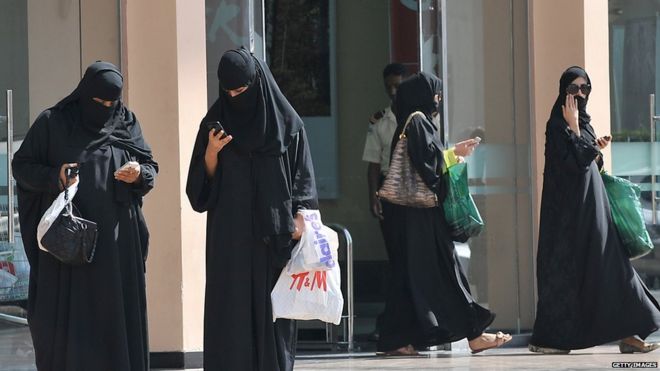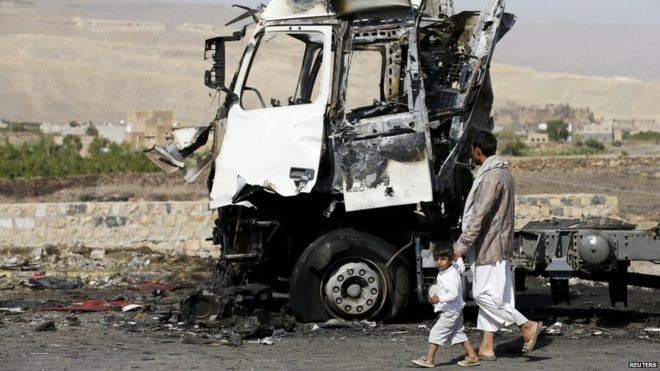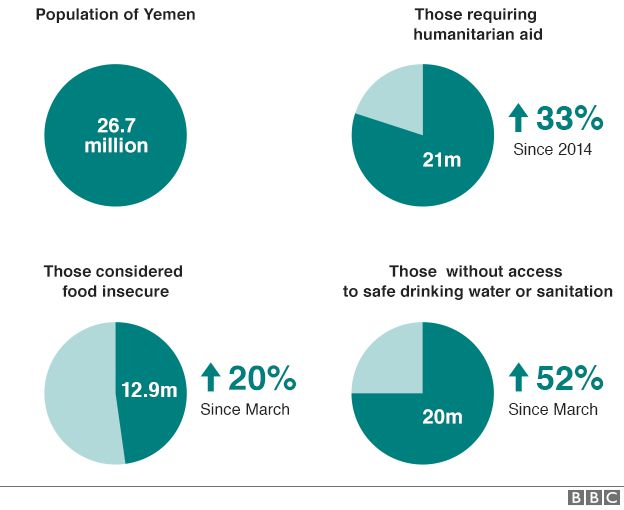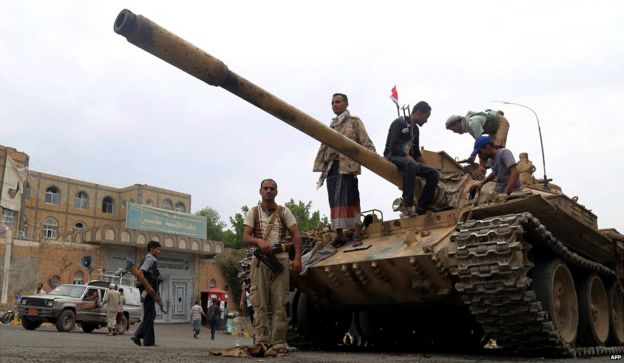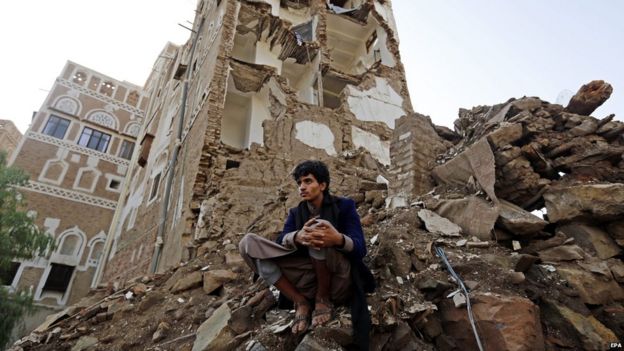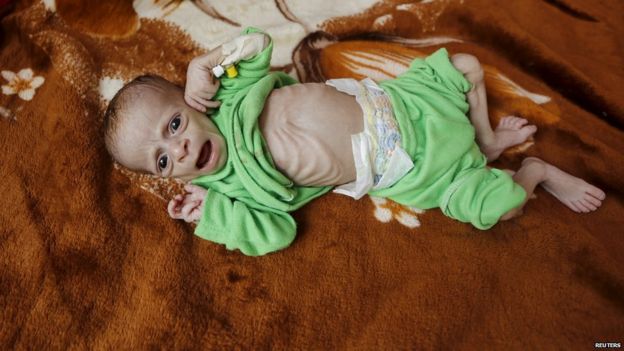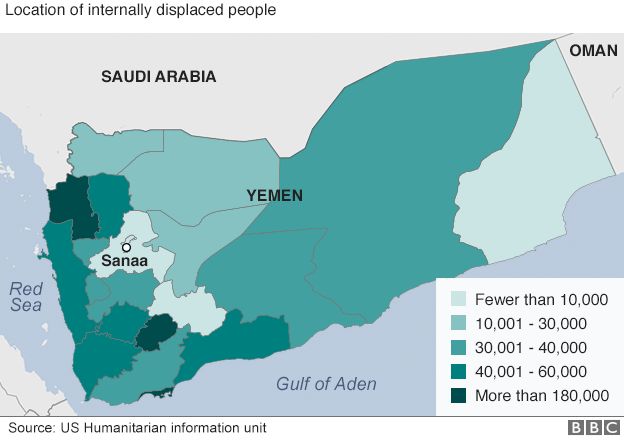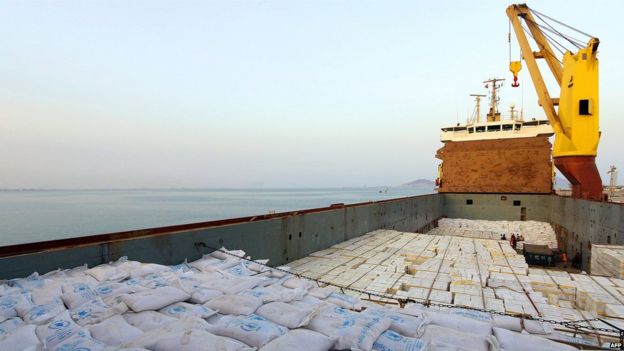Saudi-led coalition air strike kills 36 Yemeni civilians: residents
SANAA
http://www.reuters.com/ Sun Aug 30, 2015
An air strike by warplanes from a Saudi-led coalition, which said it targeted a bomb-making factory, killed 36 civilians working at a bottling plant in the northern Yemeni province of Hajjah on Sunday, residents said.
In another air raid on the capital Sanaa, residents said four civilians were killed when a bomb hit their house near a military base in the south of the city.
The attacks were the latest in an air campaign launched in March by an alliance made up mainly of Gulf Arab states in support of the exiled government in its fight against Houthi forces allied to Iran.
"The process of recovering the bodies is finished now. The corpses of 36 workers, many of them burnt or in pieces, were pulled out after an air strike hit the plant this morning," resident Issa Ahmed told Reuters by phone from the site in Hajjah.
Coalition spokesman Brigadier General Ahmed Asseri denied the strike had hit a civilian target, saying it was a location used by the Houthis to make improvised explosive devices and to train African migrants whom they had forced to take up arms.
"We got very accurate information about this position and attacked it. It is not a bottling factory," he said.
He accused the Houthis of using African migrants, stuck in Yemen after arriving by sea before the war in the hope of crossing the Saudi border and finding work in the oil producer, as cannon fodder in dangerous border operations.
Human rights group Amnesty International said in a report this month that the coalition bombing campaign had left a "bloody trail of civilian death" which could amount to war crimes.
Air strikes killed 65 people in the frontline city of Taiz last Friday, most of them civilians, and the bombing of a milk factory in Western Yemen in July killed 65 people including 10 children.
More than 4,300 people have been killed in five months of war in Yemen while disease and suffering in the already impoverished country have spread.
Militias and army units loyal to President Abd-Rabbu Mansour Hadi, currently taking refuge in Saudi Arabia, have made significant advances toward the Houthi-controlled capital in the last two months but the group remains ensconced in Yemen's north and casualties mount in nationwide combat every day.
BOMBING, ASSASSINATION
Also on Sunday, a bomb exploded near the vacated U.S. Embassy in Sanaa and unknown gunmen shot and killed a senior security official in the southern port city of Aden.
There were no immediate claims of responsibility, but Al Qaeda in the Arabian Peninsula - the deadliest branch of the global militant organization - has been attacking the Yemeni state and plotting against Western targets for years.
A powerful bomb detonated in front of a gate on the wall surrounding the embassy around midnight on Sunday but claimed no casualties, residents and officials said.
The United States and other Western countries closed their missions in Yemen in February as the political feud between the Houthis and the Hadi government led to war.
The Houthi-run state news agency Saba quoted a security official calling it a "terrorist and criminal act".
In Aden, the local director of security, Colonel Abdul Hakim Snaidi, was shot dead outside his home by gunmen in a passing car, a security official said.
His death is the first such killing of a senior security official since the city was recaptured by pro-Hadi militiamen in July. Since then, a power vacuum has grown, with Al Qaeda militants moving into a main neighborhood last week and unknown assailants blowing up the intelligence headquarters.
(Reporting by Mohammed Ghobari; Additional reporting by Angus McDowall; Writing by Noor Chehayber; Editing by Angus MacSwan/Ruth Pitchford)
